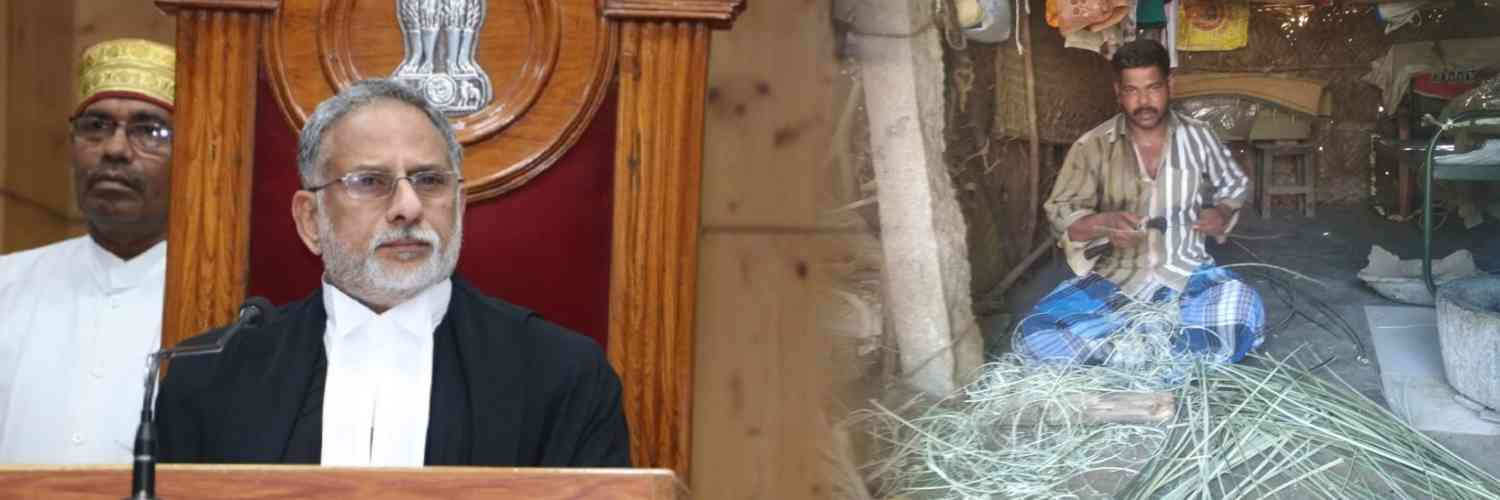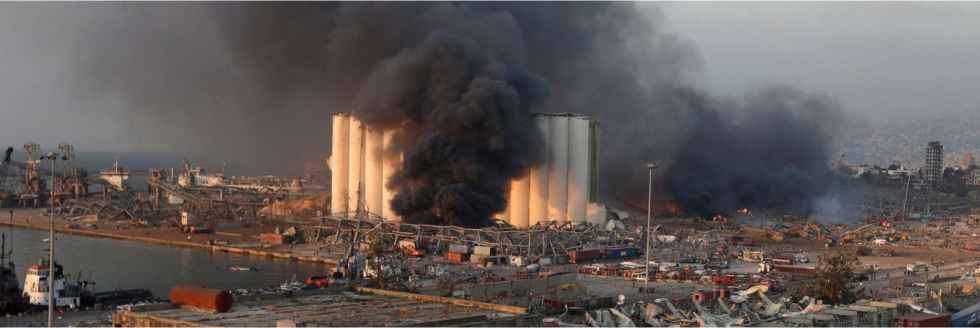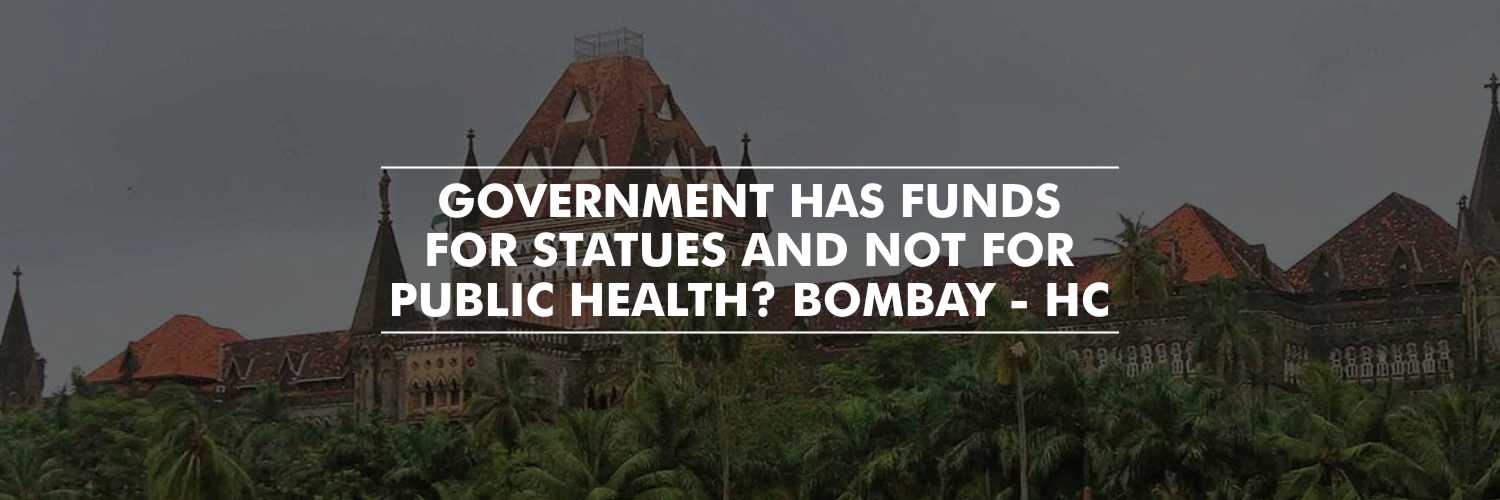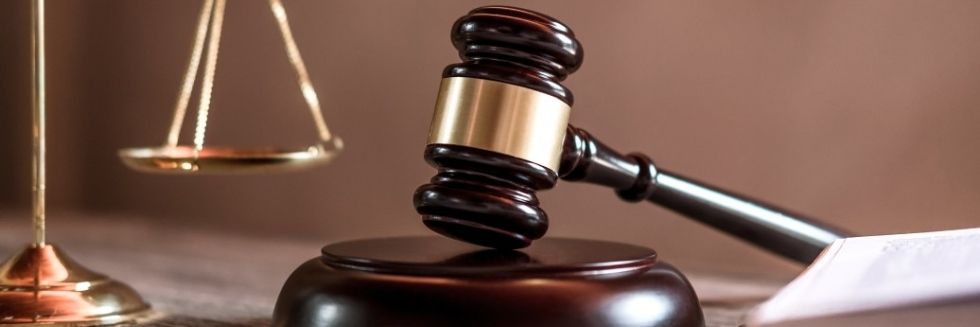The powers and position of a governor in the affairs of the state legislature are back in view amid Rajasthan’s political crisis. In Rajasthan, there have been many revolts within ruling parties in states leaving the incumbent chief minister’s majority support in the assembly as uncertain. In such instances, it is the governor or the opposition parties who have stood up demanding an immediate floor test in the assembly to establish the Chief Minister’s support.
However, it is the other way round in Rajasthan. Faced with the rebellion of his party’s 19 MLAs and the fetters put by the Rajasthan high court on the assembly speaker moving forward with their disqualification, Chief Minister Ashok Gehlot wishes to call the state assembly immediately so that he may show his majority. In a specific scenario, where the rebels are expected to vote against a confidence motion, every chief minister will refuse to schedule an assembly session for a floor test immediately. Hence, also in the absence of a requirement for it, Gehlot ‘s readiness to face the assembly for a floor check shows his belief that he can secure the vote – if it’s still retained.
The Chief Minister of Rajasthan, Ashok Gehlot, called Governor Kalraj Mishra on Friday and repeated his proposal to invite the House from Monday. It came hours after the State High Court stopped assembly Speaker C.P. Joshi from ruling on the pleas seeking disqualification against Sachin Pilot and 18 ‘rebel’ MLAs in Congress.
On Friday, the Congress lawmakers backing Rajasthan Chief Minister Ashok Gehlot held a five-hour sit-in urging Governor Kalraj Mishra to call for a floor test for a special assembly session. He accused Mishra of working under pressure and not responding to their query, even as Gehlot expressed trust that his tussle with his former deputy Sachin Pilot would earn the vote of confidence.
Former Chief Justice of India P Sathasivam said normally, as per the Constitution, the advice is binding, however, he added when there is a dispute about issues such as the number of lawmakers supporting a chief minister, then it is a special case.
“The governor can summon MLAs to Raj Bhavan [governor’s house], make inquiries, and have discussions with MLA groups, etc. The general rule that the governor is bound by aid and advice of the council of ministers might not be relevant here,” said Sathasivam, who has also served as Kerala governor.
The state cabinet meeting, chaired by Gehlot, agreed on Saturday that the government should make a fresh request to the governor to schedule the assembly session, while referring to the latter’s queries about the previous proposal.
The governor reportedly challenged the session ‘s intention being called because the chief minister himself believed he had a vote. With neither the opposition nor legislative rebel party insisting on an immediate floor test, the purpose behind the immediate floor test appeared vague to the governor.
What does the Constitution say on a governor’s power?
Articles 163 and 174 of the Constitution are applicable in regards to the authority of the governor to convene the state assembly. Article 163 notes that a CM Council of Ministers shall be formed to support and advise the Governor except where, under the Constitution, he or she is allowed to perform functions at his or her discretion. When does a Governor possess authority that disregards the council of ministers’ advice? Could he do the same thing as they convene assembly?
Under Article 174, a Governor shall call the House as he or she sees appropriate, at a time and place. Article 174(2)(a) provides that a Governor can prorogue the House from time to time and 174(2)(b) provides that he or she can disband the Legislative Assembly.
Article 163 notes that, with the assistance and guidance of the Council of Ministers, the Governor shall exercise his or her duties. Yet it also adds that, whether the Constitution allows her or him to carry out some task at her / his discretion, she or he does not need their guidance.
The two Articles 174 and 163, respectively are generally read together to describe the rights of the Chancellor to call, prorogue or disband the Council.
Story of Arunachal Pradesh
In 2015 the congress had 47 members out of the 60 members legislative assembly of Arunachal Pradesh which was facing a paradox. 21 MLAs had demanded a change in the leadership and requested the governor to advance the session from January 2016 to December 2015 to take up the resolution of removal of the speaker. Governor Rajkhowa without the advice of Chief Minister Nabam Tuki and his council advanced the session which was challenged before the Guwahati high court.
The governor thought of a constitutional obligation on him to take up the notice of removal of the speaker and any delay would hurt the constitutional norms and business rules. The speaker also issued a notice that removal of the speaker should be taken as 1st item of business of the house, he also mentioned that the composition of the house needs to be maintained and nothing will happen to the 14 MLAs of the congress until the session is discontinued.
Held – The top court set aside the order of the governor made without the advice of the council of ministers and restored Nabam Tuki as CM.
Supreme Court reasoning
A 2016 Supreme Court judgment in the case of Nabam Rebia, which arose from a constitutional crisis in Arunachal Pradesh, specifically claimed that a “governor may call, prorogue and disband the House only on the advice and assistance of the ministerial council.”
The decision came after Rebia – then the Arunachal Pradesh Assembly Speaker – had moved the top court after a session was called by the state governor on the joint plea of 20 MLAs, 11 BJP and 1 lone lawmaker from the Congress.
Such lawmakers also shared their dissatisfaction with the speaker and the administration.
The governor has the power to summon the house or prorogue them under article 174. The supreme said that the governor has no dominating position on the executives and legislature and has no role in either of it. His discretionary power extends what he has been expressly given by the constitution in article 163. He cannot decide his discretionary power on its own. Under Article 163(1) the discretionary power of the governor extends to situations wherein a constitutional provision expressly requires the governor to act in his own discretion.
The governor is required to summon the house or houses of the state legislature or to prorogue or dissolve them under Article 174. The Supreme Court reasoned that the governor does not have such powers and functions, as would assign to him a dominating position, over the state executive and the state legislature. The governor has not been assigned any significant role either in the executive or the legislative functioning of the state, the bench held.
“We, therefore hereby reject the contention advanced on behalf of the respondents that the governor has the freedom to determine when and in which situation, he should take a decision in his own discretion, without the aid and advice of the chief minister and his council of ministers”, the bench categorically held.
This news has been written and submitted by Mr. Nikhil Punshi during his course of internship at B&B Associates LLP. Mr. Nikhil is a third-year law student at the Hidayatullah National Law University, Raipur.






